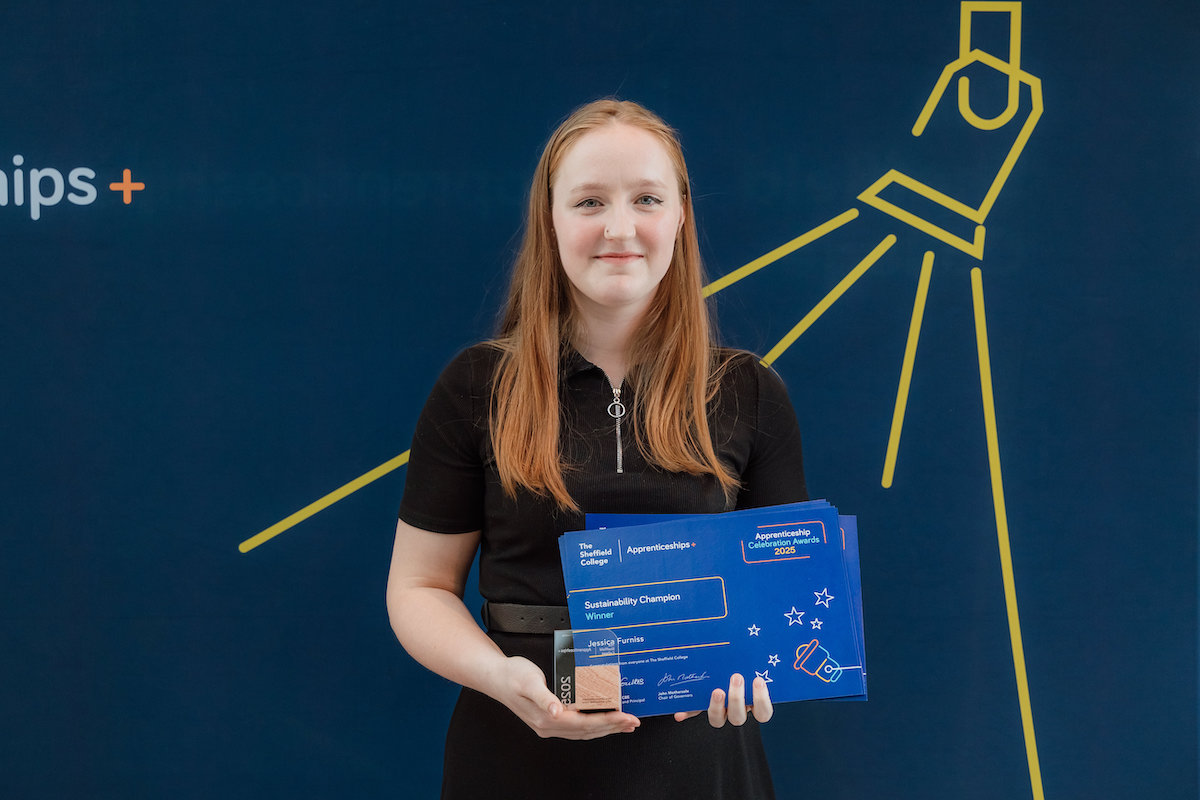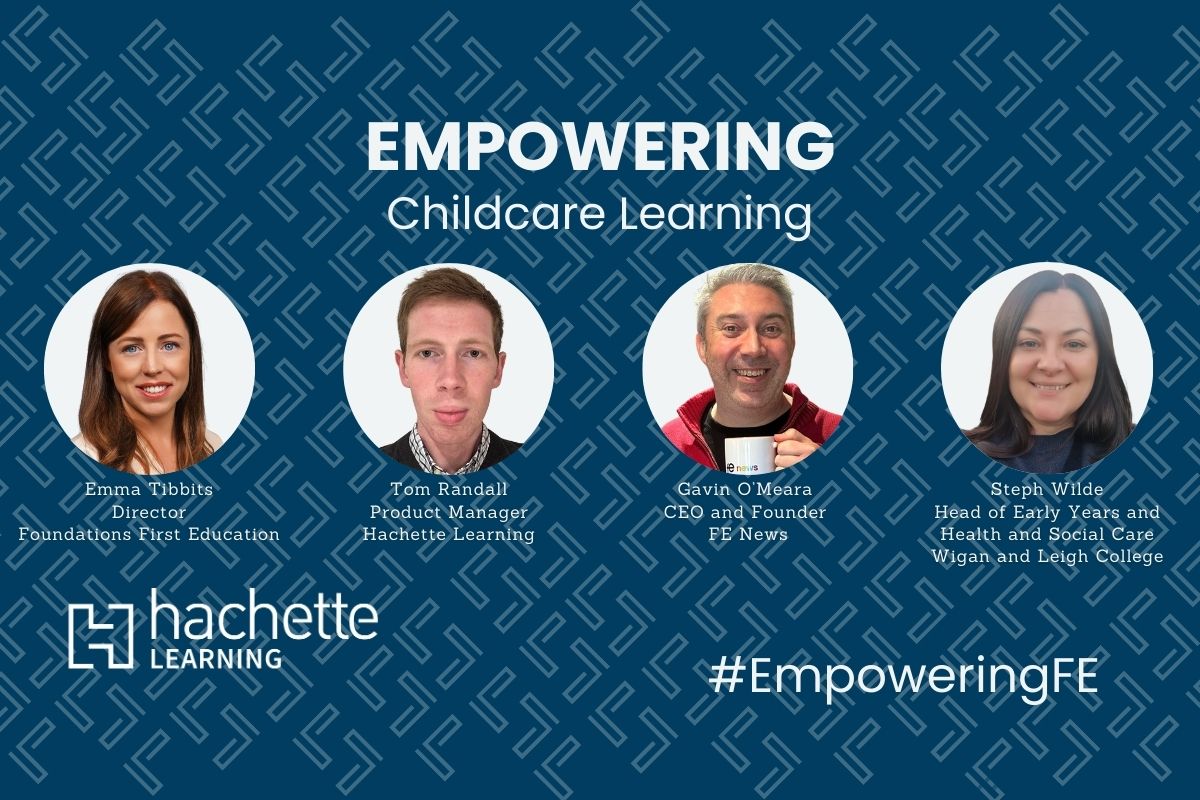Education Secretary launches plans to raise education standards

Ambitious plans to raise education standards and broaden the horizons of young people in areas struggling with social mobility have been unveiled today (9 Oct) by the Education Secretary Justine Greening.
As part of this, Education Secretary Justine Greening visited a school in Doncaster to launch these social mobility plans, which will raise education standards of pupils in struggling areas.
The Opportunity Area programme is a key part of the Education Secretary’s priority of tackling social mobility and improving opportunities for young people across the country. These 12 areas, identified as social mobility ‘coldspots’ – areas with both poor social mobility and schools that face challenges – will receive a share of £72 million to boost opportunities for young people in these communities.
Publication of plans for the first six Opportunity Areas – Blackpool, Derby, North Yorkshire Coast, Norwich, Oldham and West Somerset – mark the first anniversary of the programme, following a year of collaboration between local educators, employers and voluntary and community organisations to set out the key areas for improvement. Plans for the remaining six areas, announced more recently, will be published by the end of the year.
Local independent partnership boards – made up of school leaders, business owners, council leaders and other local partners – will work to boost attainment from the early years of a child’s education right through to university. Other initiatives include projects to raise aspirations, by providing all young people in Opportunity Areas with at least four inspiring ‘encounters’ with the world of work, for example through work experience or mentoring.
 Education Secretary, Justine Greening, said:
Education Secretary, Justine Greening, said:
For too long, young people in these areas have been at a disadvantage because of where they are growing up.
I want young people living in these areas to have access to a world-class education, that’s why we are setting out our ambition in these first six opportunity areas. As we prepare for Brexit, it is vital that we raise the horizons of young people and give them the opportunity to go as far as their talents and hard work will take them.
The government has also announced today that £22 million will be shared among all 12 Opportunity Areas through a new Essential Life Skills programme, to help disadvantaged young people have access to the same opportunities as those in the top-performing schools. The aim is to help them develop wider skills such as resilience, emotional wellbeing and employability. The programme will complement the individual Opportunity Area plans by providing extra-curricular activities, such as sports, volunteering and social action projects, which give pupils the opportunity to develop leadership skills.
The six regional plans also outline how the transition to adulthood will be improved by working with local ‘cornerstone’ employers to provide young people with experience of the world of work. These include EDF Energy, GCHQ, Barclays and Lloyds Banking Group, Burberry and Rolls Royce. This work is being led by the Careers and Enterprise Company (CEC) to create programmes for young people aged 11 to 18 that raise their career aspirations.
 Claudia Harris, CEO of the Careers and Enterprise Company, said:
Claudia Harris, CEO of the Careers and Enterprise Company, said:
We know that providing young people with exposure to the world of work while in education is one of the most effective ways to improve their employment outcomes.
That is why we are proud to be leading the charge with over 40 of our economy’s leading businesses. This scale of collaboration with more than 260 schools and colleges in the Opportunity Areas will help ensure young people have flourishing futures and workplaces can access the talent they need.
The Education Endowment Foundation will also support schools in Opportunity Areas to improve outcomes for young people, particularly those from disadvantaged homes, by sharing best teaching practice.
Sir Kevan Collins, Chief Executive of the Education Endowment Foundation and ‘evidence champion’ for the Opportunity Areas, said:
It’s good to see local partners, schools and organisations joining together to improve outcomes for young people. Only through a concerted effort will we be able to make a difference to social mobility in these ‘coldspots’. The need now is to move swiftly from planning to action so that children and young people experience the benefit of this investment.
To really have an impact, change has to be informed by evidence. Our Research Schools will be crucial in doing this in each of the Opportunity Areas. They will help to break down barriers so that research does not stay in the pages of academic journals but has a real impact on classroom practice. Allowing teachers to use lessons from what’s worked to inform their practice can make all the difference to attainment.
The National Citizen Service (NCS) is also working in each area to help young people benefit from a programme of personal development and volunteering.
Jonathan Freeman, localities lead for the National Citizen Service, said:
The National Citizen Service is a powerful vehicle that brings young people from all communities together, contributing to more integrated communities. The independent evidence is clear that the programme boosts confidence and leadership, well-being and young peoples’ ability to succeed in later life.
It is also getting them involved in social action in their communities; in Scarborough alone last year, 2800 hours of volunteering was made possible through NCS and 93 young people participated in the programme – our aim is to triple this by 2020, ensuring that young people from all backgrounds can benefit.
Jim Whittaker, a member of the West Somerset Opportunity Area Partnership Board member and Managing Director of Channel Training Ltd, said:
The Opportunity Area plan for West Somerset represents a unique and exciting move to make a lasting change in our community. As an educationalist, local business owner and parent, I’m very pleased to be involved in the project.
The plan works across business, education and community to create and maintain more opportunity for our young people. The work done and relationships built during the project will be making a positive difference here for many years to come.
The full list of Opportunity Areas are as follows: Blackpool, Bradford, Derby, Doncaster, Fenland and East Cambridgeshire, Hastings, Ipswich, North Yorkshire Coast, Norwich, Oldham, Stoke on Trent and West Somerset. The areas chosen were amongst the weakest in both the 2016 Social Mobility Commission’s index and the Department for Education’s data on school standards and capacity to improve.
The Essential Life Skills programme will be targeted at all 12 Opportunity Areas. The Department will work closely with local partners in each of the Opportunity Areas as well as high quality providers to offer schools and local authorities extra-curricular activities in order to meet the specific needs of each area. The programme will focus on offering children greater access to the same opportunities as are available to those attending the highest achieving schools.
The Careers and Enterprise Company, established in 2014, works to transform the provision of careers education and advice for young people and inspire them about the opportunities offered by the world of work.
The National Citizen Service is open to all 16 and 17-year-olds in England, providing them with the skills and experience that they need to thrive as active citizens.
Eleven Research Schools named by the Education Endowment Foundation and the Institute for Effective Education will act as local centres of excellence, working with schools in the Opportunity Areas to deliver evidence-based approaches to tackling social mobility and provide resources for teachers. This will support local teachers to be the best they can be and tackle the regional inequalities surrounding educational outcomes for local pupils.












Responses